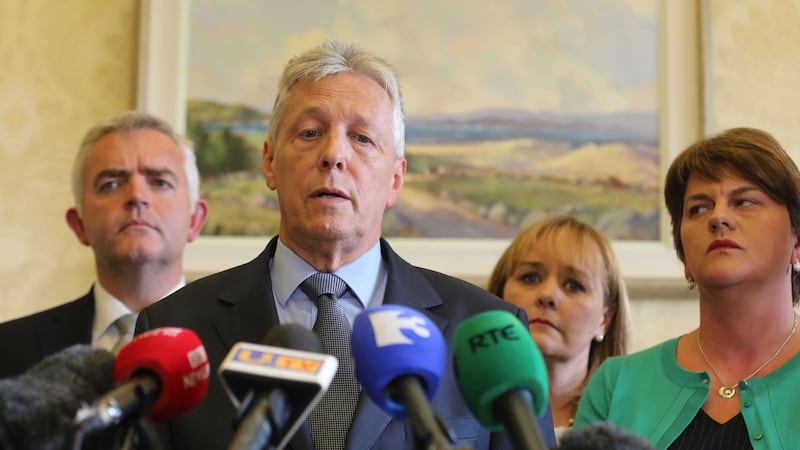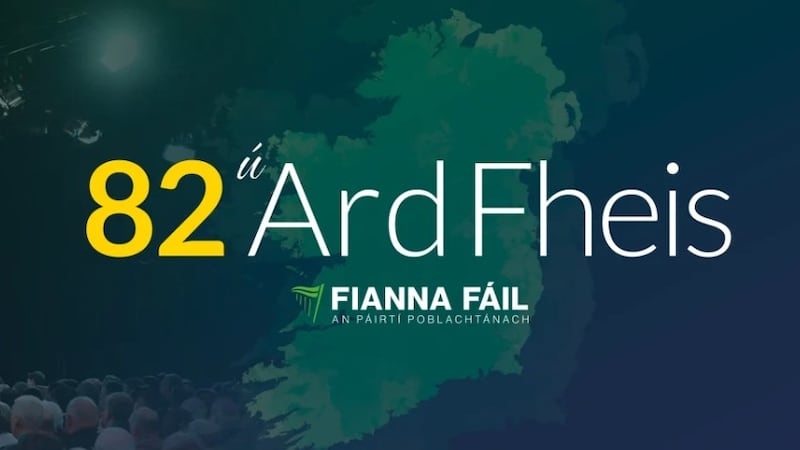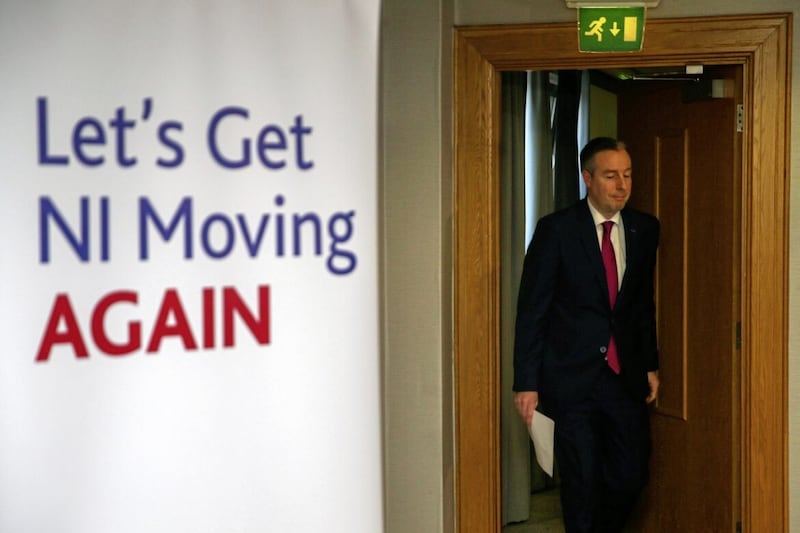Here are some key questions and answers about the political crisis.
Why did Mr Robinson step down?
Police have linked the murder of Kevin McGuigan in Belfast last month to members of the IRA engaged in personal criminality. But the revelation that the organisation still exists and individuals associated with it engaged in murder has shocked unionists.
Sinn Fein contains many former members of the IRA and unionists have questioned their credibility in government at Stormont while they claim more questions remain to be answered by republicans.
The row intensified earlier this week after a senior Sinn Fein member was arrested, although later released, as part of the inquiry into Mr McGuigan's death.
Mr Robinson has said he wanted to have Sinn Fein excluded from government but was unable to gain enough support from other parties.
On Thursday the assembly business committee which represents the five largest parties voted against another of his proposals, adjournment of the devolved legislature, leaving Mr Robinson and his party to decide whether to continue to operate the institutions.
What happens now?
Peter Robinson wants to focus on intensive talks called by the British and Irish governments which aim to address any lingering paramilitarism a decade after the IRA was thought to have disbanded.
Northern Ireland Secretary Theresa Villiers has said they will be intensive and signalled they are not intended to last long. Some political leaders have put the timeframe at about four weeks.
What are the parties talking about?
Concerns about loyalist and republican paramilitarism and the possibility of establishing an independent body to monitor the ceasefires similar to that which existed until 2011.
Budgetary matters which had already brought the powersharing Executive to the verge of financial ruin. Sinn Fein opposes welfare changes which it says will hurt the most vulnerable but the British government believes will encourage people back to work. As a result of the stalemate the administration is paying "fines" imposed on the amount the British government pays Stormont to run public services, leaving a £600 million black hole in the budget and the prospect of running out of money later this autumn.
Other issues outstanding from last year's unimplemented Stormont House Agreement, which pledged a range of bodies to investigate the legacy of thousands of Troubles killings and a number of other measures.
What happens to powersharing?
The departments of health and social care; social development; enterprise trade and investment; and regional development are now effectively rudderless after the Ulster Unionist and DUP resignations.
Mr Robinson appointed Arlene Foster acting First Minister, avoiding automatic collapse of the institutions and ensuring republicans cannot take decisions detrimental to Northern Ireland. But his promise that it would not be business as usual while issues of paramilitarism were addressed appears to have been fulfilled.
Earlier this week, Mr Robinson also called an end to meetings of Stormont Executive, because it must be convened jointly by him and Sinn Fein Deputy First Minister Martin McGuinness, and said there would be no formal meetings between ministers in the north and their counterparts from the Irish Republic.
The DUP has asked the British Prime Minister to take the power to suspend the assembly.
Secretary of State Theresa Villiers could pass emergency legislation at Westminster allowing her to suspend the Assembly but has refused to do so.
What does it mean for ordinary people?
Businesses had hoped power to set corporation tax would be devolved, enabling the region to compete more effectively with the Republic's lower rate. That has been endangered by the political wrangling.
A government package representing additional spending power of almost £2 billion, much of it borrowing, has not been released but money has been made available for a voluntary redundancy scheme for the civil service.
Stormont in crisis: the full background
[ Why Robinson has walked out and what happens nextOpens in new window ]
[ John Manley: Robinson's resigned to let Stormont limp onOpens in new window ]
[ Senior republicans released in McGuigan murder probeOpens in new window ]
[ No suspensions means MLA salaries unaffectedOpens in new window ]
[ Failure to provide stable government 'not an option' - BellOpens in new window ]
[ Brian Feeney: British government prepared to play hardball with DUPOpens in new window ]
[ Alex Kane: People deserve better than the current political farceOpens in new window ]
[ Focus remains on talks despite DUP walk-outOpens in new window ]
[ Stormont crisis latest: MLAs vote for free tea and coffeeOpens in new window ]
[ Newton Emerson: Villiers comes up with escape route for Sinn FeinOpens in new window ]
[ Senior republicans arrested in Kevin McGuigan murder probeOpens in new window ]
[ Police chief may be asked to attend political talksOpens in new window ]
[ 'Don't jeopardise our industry' MLAs urgedOpens in new window ]
[ John Manley: Here we go again... bluster, threat then fudgeOpens in new window ]
[ DUP says 'no further' executive meetings at StormontOpens in new window ]
[ Police back monitoring of paramilitariesOpens in new window ]
[ Brian Feeney: Watch as Peter Robinson produces a survival planOpens in new window ]
[ Kenny and Adams clash over IRA criminality claimsOpens in new window ]
[ Tom Kelly: The DUP needs the cover of the UUP more than it realisedOpens in new window ]
[ Patrick Murphy: We're sure to strike gold at political gymnasticsOpens in new window ]







